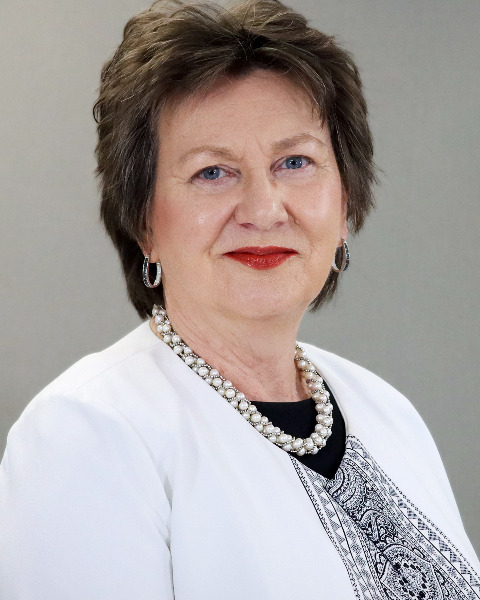Back
1002 - Nursing Clinical Partnership
Saturday, November 19, 2022
2:50 PM – 3:40 PM Central
Location: Celestin B

Sandra Reed Wilson, MSN, RN, ACNS-BC, CNE (she/her/hers)
Director of Nursing
Crowder College
Neosho, Missouri
Academic-clinical partnerships can offer students pay for work while they complete clinical hours and meet clinical objectives at the same time. The benefits and challenges of establishing this type of program will be explored from student, clinical facility, academic institution, and State Board perspectives.
Clinical opportunities for nursing students are challenging to schedule. Nursing educators must look for innovative ways to expand appropriate clinical opportunities for students and support transition to practice. Academic-clinical partnerships can have a positive impact on nursing students’ transition to practice upon graduation.
Crowder College began the first academic-clinical partnership in Missouri in 2019 with support of the Missouri State Board of Nursing. The program has expanded each year and now has over 70 students placed in an apprenticeship-style program where nursing students work directly with assigned preceptors at a clinical facility where they intend to work upon graduation. Many of these students receive pay and at the same time complete their clinical hours and meet clinical objectives.
A review of the initial stages and building upon that foundation will be presented. Various stakeholder views will be explored including student and clinical facility considerations.
Clinical opportunities for nursing students are challenging to schedule. Nursing educators must look for innovative ways to expand appropriate clinical opportunities for students and support transition to practice. Academic-clinical partnerships can have a positive impact on nursing students’ transition to practice upon graduation.
Crowder College began the first academic-clinical partnership in Missouri in 2019 with support of the Missouri State Board of Nursing. The program has expanded each year and now has over 70 students placed in an apprenticeship-style program where nursing students work directly with assigned preceptors at a clinical facility where they intend to work upon graduation. Many of these students receive pay and at the same time complete their clinical hours and meet clinical objectives.
A review of the initial stages and building upon that foundation will be presented. Various stakeholder views will be explored including student and clinical facility considerations.
Learning Objectives:
- Upon completion, participant will be able to describe student benefits and challenges to academic-clinical partnerships.
- Upon completion, participant will be able to compare and contrast clinical facility benefits and challenges to academic-clinical partnerships.
- Upon completion, participant will be able to recall academic institution benefits and challenges to academic-clinical partnerships.
- Upon completion, participant will be able to identify challenges for various states to implement academic clinical partnerships.

.jpg)
.jpg)
.png)
.jpg)
.png)
.jpg)
.png)
.jpg)